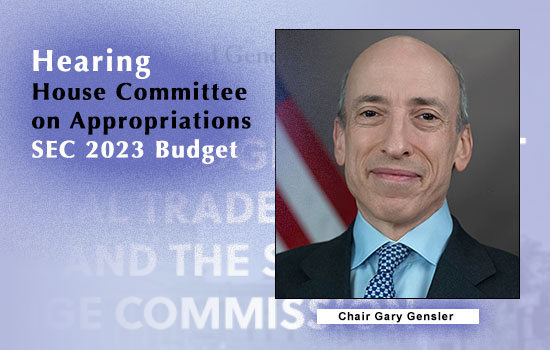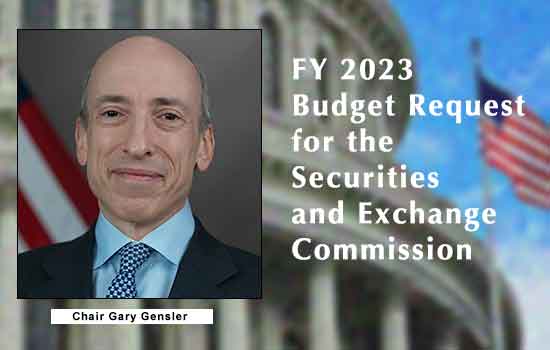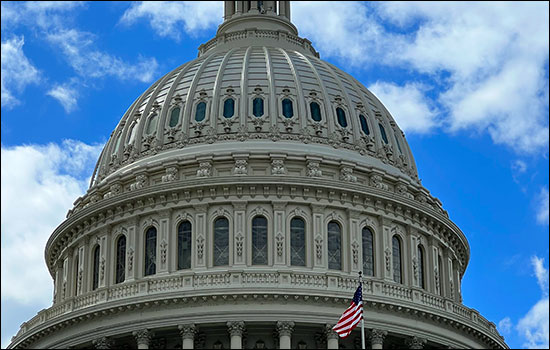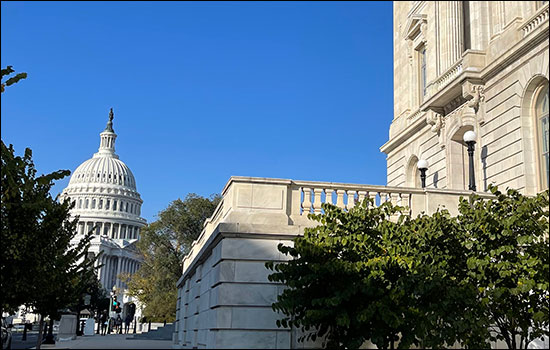A collegial chat between regulators from the Commodity Futures Trading Commission (CFTC) and Securities and Exchange Commission (SEC) highlighted an impressive day-long agenda attracting 850 attendees to the DC Blockchain Summit from the Chamber of Digital Commerce in Washington, D.C. yesterday.
The Chamber’s Annemarie Tierney didn’t hesitate in her moderation role in the morning session with the blockchain industry’s two most important regulatory bodies and immediately brought to the fore the key differences in jurisdiction between the two agencies – securities vs. commodities – and under which agency do the various tokens and cryptocurrencies land. Commissioner Hester Peirce of the SEC went first and repeated the gyst of her well-known views that do not necessarily sync with the rest of the SEC commissioners and its Chairman:
“A token [that] is sold as part of securities offering does not in my mind necessarily mean that the token continues on in its entire life to have to be treated as a security. That’s one of the areas where I’d like to see us provide more clarity. It has not been our standard practice over the years to identify what are security offerings and what aren’t. It’s pretty broad rules. And we expect that when people are out there raising capital, they comply with our initial offering rules, regardless of what it is. But that’s led to the treatment of certain things – securities offerings that you might not think the underlying object to be sold is [part of the securities offering]. So that’s the distinction – I would like us to deal with it better (…)”
CFTC Commissioner Christy Goldsmith Romero weighed in next saying that she agreed with her counterpart in the SEC on the overall need for greater clarity – particularly around that which is decentralized. Beyond the jurisdictional question, in order to help her create a regulatory framework, Goldsmith Romero appealed to the audience on educating her and the CFTC on how the blockchain community innovates and also protects consumers: Continue reading “SEC and CFTC Commissioners Reach Out To The Industry at DC Blockchain Summit”








